Basic Knowledge in Agriculture #4
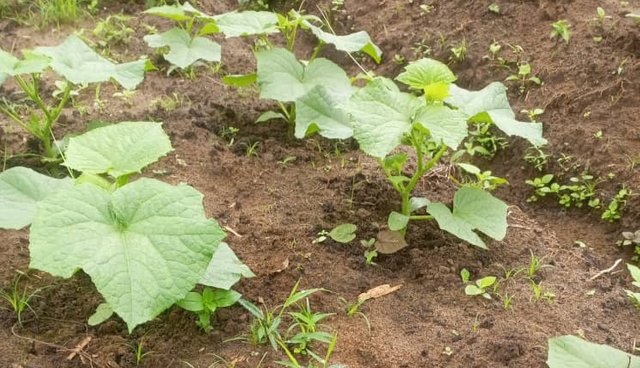
Briefly explain 3 causes of early crop growth damage.
Drought or water scarcity:
This is an Environmental Factors characterised by a long period where there is an abnormally low rainfall in the area. Once the crops have started germinating, serious water shortages will lead to crop damage in the form of Reduced growth, yield lost or total crop failure.
Insect infestations:
This falls under early crop growth damage due to pests and diseases, a situation where the plants are infested by aphids, whiteflies, cutworms. Such infestation by harmful insects affects the growth and development of the crop, leading to sick crops that often failed as the leaves are often eaten up with holes all over. When the tender bud is cut, mot plants failed.
Wildlife damage:
Locally, normadic cattle, goats on the loose, birds and rodents are often the usual suspects. The goats eat off the leaves of the crop but the cow will also trample on them, rodents dig and cut roots all resulting in failed crops.
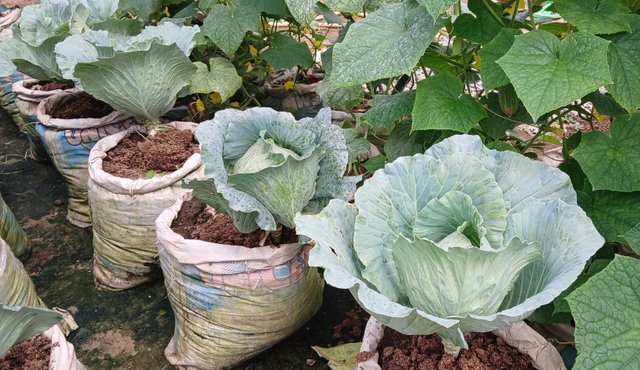
Mention 5 importance of nursery pots in plant early growth?
Here are 5 importance of nursery pots in plant early growth:
Root Development:
The nursery pots provide a controlled environment for roots to grow which allowing plant time to establish a strong root system, promoting healthy growth, effective nutrient uptake, and water absorption.
Soil Quality Control:
A nursery pots would enable gardener to use high-quality soil specifically designed for young plants, ensuring optimal nutrient availability, good pH balance, and water retention.
Moisture Regulation:
Using a nursery pots help regulate the moisture levels in the soil, thereby preventing possible overwatering or underwatering of seedlings. This will reducing stress on the young plants while promoting healthy growth and minimizing disease susceptibility.
Protection from Pests and Diseases:
A nursery pots would provide a kind of protective barrier against pests and some diseases that can harm the young plants. Such a controlled environment reduces the risk of any infestations and infections.
Easy Transplanting:
Using a nursery pots will makes it easy and comfortable to transplant your seedlings from one place to another. This will greatly minimizing any root disturbance and shock while ensuring plants adapt quickly to their new environments.
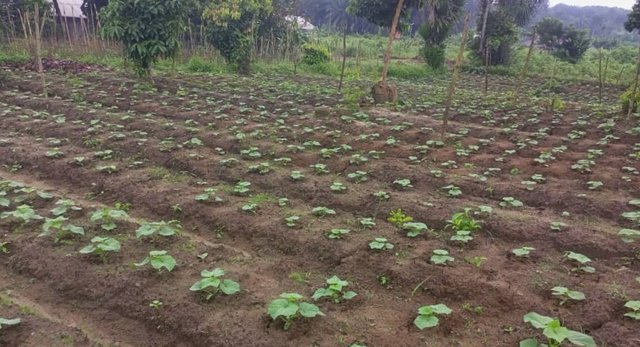
Briefly mention 3 differences between monocotyledon and dicotyledon plants
Seed Structure
Monocot plants have only one seed leaf in the seed
Dicot plants havec two seed leaves in the seed
Leaf Venation
In monocotyledonous plants, the leaves of the plant have veins that are parallel to each other, easily seen on banana leaves. On the other hand dicotyledonous plant's, leaves have a net-like or reticulate leaf veins structure visible in mango leaves.
Stem Structure
The xylem and phloem in a Monocot plants are found scattered across the stem tissues while dicot plants have a well arranged vascular tissues which makes a ring-like pattern in the stem.
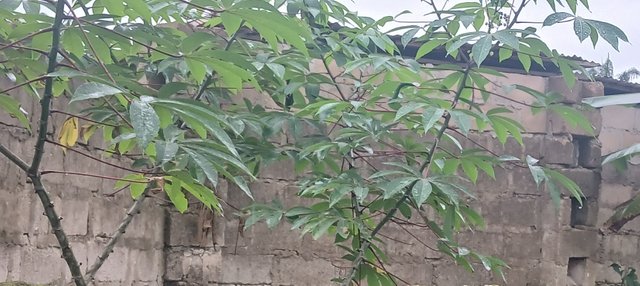
Name 5 examples of monocotyledon and dicotyledon plant
| Monocot plants | Dicot plants |
|---|---|
| Corn (Zea mays) | Tomato (Solanum lycopersicum) |
| Bamboo (Bambusa spp.) | Oak Tree (Quercus spp.) |
| Sugarcane (Saccharum officinarum) | Cucumber (Cucumis sativus) |
| Rice (Oryza sativa) | Rose (Rosa spp.) |
| Wheat (Triticum aestivum) | Sunflower (Helianthus annuus) |
This is what i know about plants in agriculture. I will love to invite @bossj23, @okere-blessing and @bela90 to participate here
Welcome to steem-agro!
MODs Comment/Recommendation:
Thank you for sharing your entry in the Agro community! Please source your images. Let us know the source
Remember to always share your post on Twitter using these 3 main tags #steem #steemit $steem
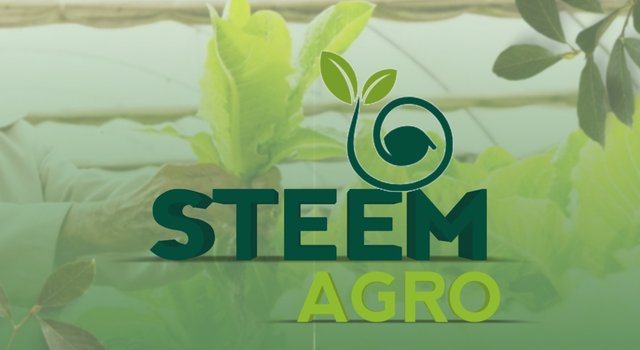
All the pictures I use are my pictures.
@rubee2as1, remember to share your content on Twitter